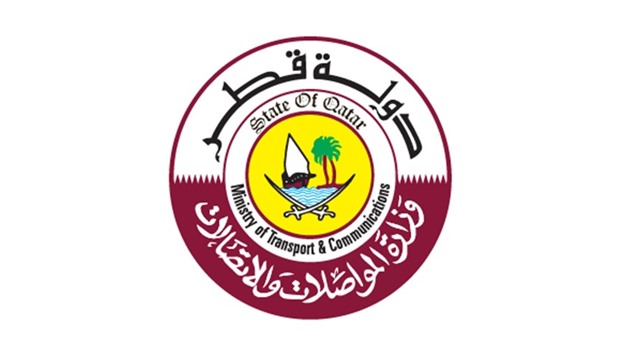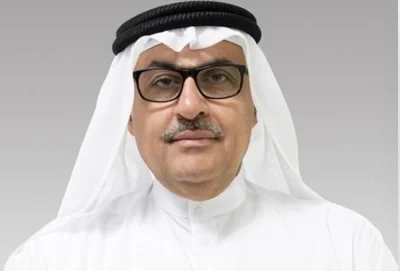PwC Qatar, in collaboration with the Ministry of Transport and Communications (MoTC), held a webinar on the “Digital Tax Function: An SME Perspective”, under MoTC’s Digital Transformation of Small & Medium Business Enterprises programme, supporting the development of Qatar’s knowledge-based economy by developing a sustainable and innovative ICT ecosystem.
The webinar attracted executives from Qatar’s leading local and multinational companies and government organisations. Discussions focused on the impact of Covid-19 and some of the latest regulatory changes driving the trend towards investment in new technologies.
During the webinar, PwC tax experts also shed light on the increasing focus on investing in technology and its use in improving the delivery of tax compliance through automation and transformation. Also, the importance of integrating technology into the overall business strategy, either through new technology, or by leveraging existing technology.
Sajid Khan, tax leader at PwC Qatar, said, “Technology is at the forefront of transforming the tax function into an efficient business enabler and the modern tax function should have a defined technology strategy fully aligned with other areas of the business.”
In line with PwC’s commitment to shaping and supporting their clients’ digital transformation agenda, PwC Middle East has recently appointed Jay Riche as tax and legal services digital solutions leader, leading a team of 20 tax technology experts, and creating the largest dedicated tax technology solutions team in the Middle East.
During the webinar, Riche emphasised how technology is playing a critical role in transforming the way we work.
He said, “Technology is evolving at a breakneck speed and the current situation is driving investment in tax technology and automation as businesses look to manage risk.”
HE Reem al-Mansoori, Assistant Undersecretary (Digital Society Development) at the MoTC said, “Our Digital Transformation of Small and Medium-sized Enterprises (DTSME) programme is a key contribution to creating a knowledge-based economy for the benefit of current and future generations in Qatar.
“DTSME workshops and webinars are helping local companies overcome the challenges of remaining competitive in a constantly changing e-Commerce landscape and will be vital in enabling them to do business in the post-Covid world.”
According to PwC’s latest CFO Pulse survey, some 62% of Middle East CFOs revealed that they are more likely to adopt automation and new ways of working as flexibility continues to be the long term benefit arising from the current situation, compared to 50% globally.”



